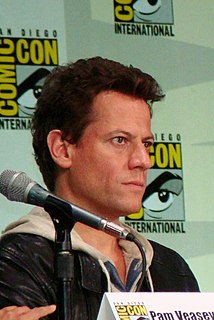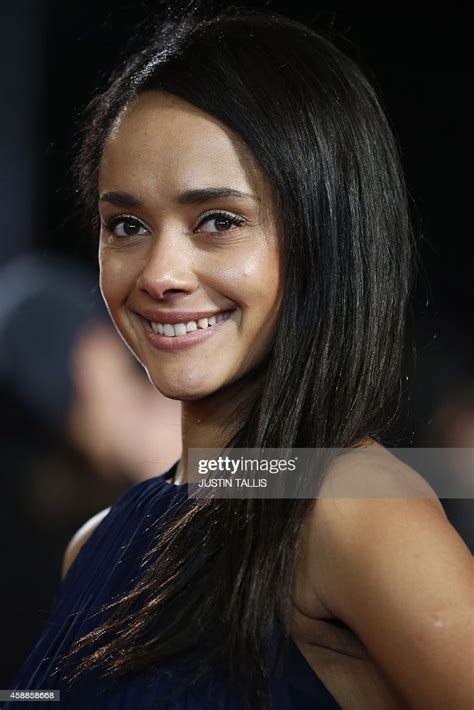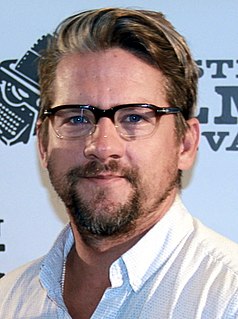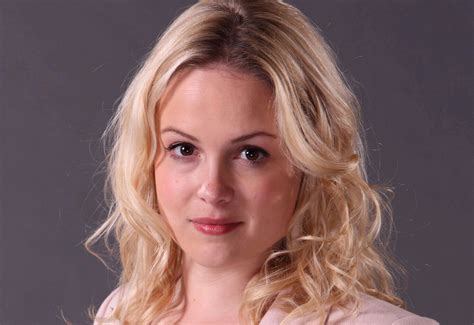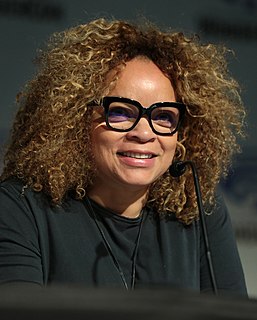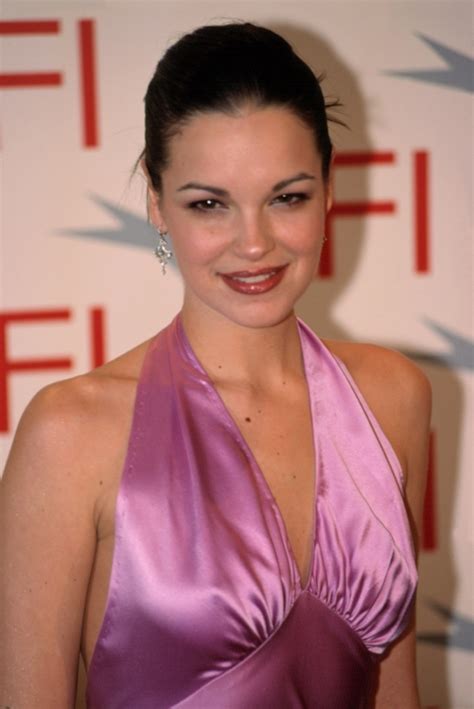A Quote by Ioan Gruffudd
I know I'm as comfortable doing period as I am contemporary. I suppose we grow up with it in a sense, in the theater. We get to put on costumes and play a lot of period dramas or plays so we're exposed to it a little bit more I think because of our theatrical background.
Related Quotes
Oh, I love period dramas, especially period dramas starring Colin Firth. I'm like Bridget Jones if she were actually fat." "Oh... Colin Firth. He should only do period dramas. And period dramas should only star Colin Firth. (One-star upgrade for Colin Firth. Two stars for Colin Firth in a waistcoat.) "Keep typing his name, even his name is handsome.
In my last year of drama school, I was Abigail in 'The Crucible' and Nina in 'The Seagull,' and I did some Shakespeare with the RSC. That's what casting directors saw me in, and I got put up for a lot of period drama auditions. I always get told I suit the costumes. I don't think I have a very modern-looking face.
I begin with understanding the intentions of the story. That helps me to zero in. Then I gather research for each individual character and analyze the time period with comparisons to the figure and the facial structure. It helps to be comfortable with computers because the massive amount of research is kept electronically and shared with my staff this way. Very little is printed out. I work with an illustrator to come up with the proper silhouettes and details of the clothing from the time period to time period. And on and on.
I grew up doing plays - I went to a stage school after school - and it's always something that I've wanted to do, but, in a weird way, if you do television and film and you didn't go to drama school and don't have a theatrical background, it's hard to get your foot in the door. In the same way that it is for theater actors to get into television and film. There's a weird prejudice that goes both ways.
Direction is the most invisible part of the theatrical art. It's not like the conductor in the symphony orchestra performance because he's standing in front of you waiving his arms. You now what he's doing. You don't know what the director is doing unless you know a lot about theater and even then you can only deduce it. You know it when you go to rehearsal. You really know it when they are rehearsing something of yours. I learned more in the rehearsals for The Letter than I have ever dreamed of know in the theater as a critic. If it doesn't make me a better critic, I'm an idiot.
